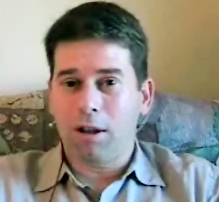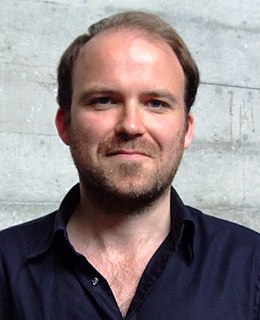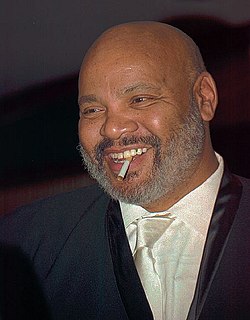A Quote by Dean Spade
I am thoughtful about introducing terms that tend to be in circulation primarily in academic circles. "Homonormativity" and "homonationalism" are by no means solely academic terms, and in fact circulate in important ways in many activist circles, but in general I find them to be terms that most people I meet are not familiar with.
Related Quotes
The truth is that political consciousness in this country is pretty low... To the degree that we can help educate and organize people around the most important issues facing their lives and show that there is support for fundamental changes in the way we do business in the United States of America in terms of income inequality, in terms of low wages, in terms of disastrous trade policies, in terms of being the only major country not to have a national healthcare program - that's success.
A quote that I like very much comes close to explaining my attitude about taking photographs. ‘Chinese poetry rarely trespasses beyond the bounds of actuality the great Chinese poets accept the world exactly as they find it in all its terms and with profound simplicity they seldom talk about one thing in terms of another; but are able enough and sure enough as artists to make the ultimately exact terms become the beautiful terms.’
There's actually a wonderful quote from Stanley Fish, who is sometimes very polemical and with whom I don't always agree. He writes, "Freedom of speech is not an academic value. Accuracy of speech is an academic value; completeness of speech is an academic value; relevance of speech is an academic value. Each of these is directly related to the goal of academic inquiry: getting a matter of fact right."





































